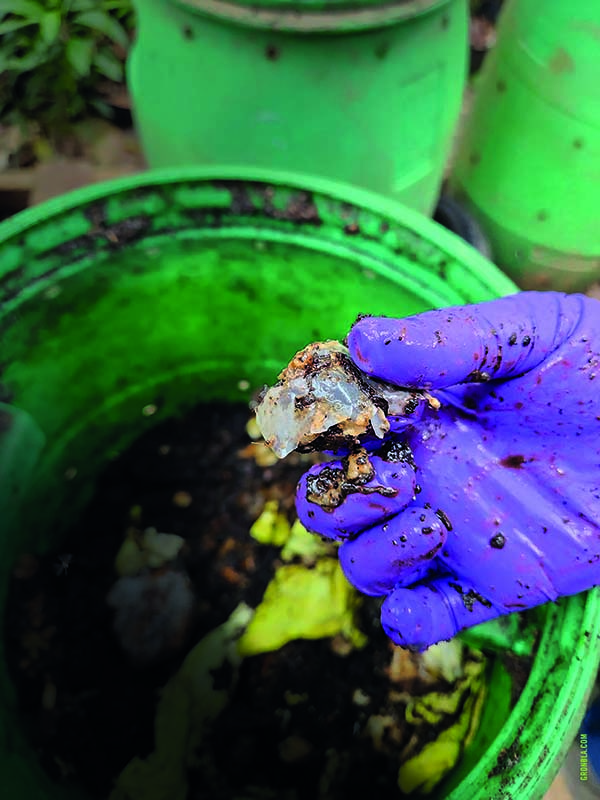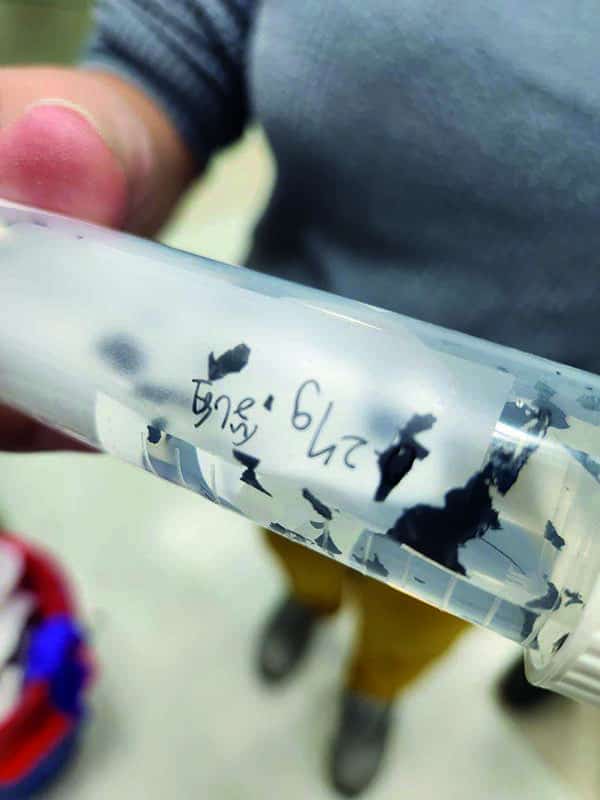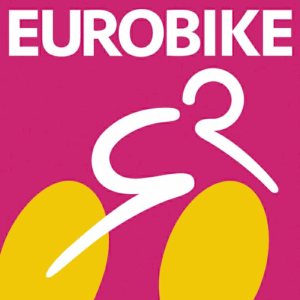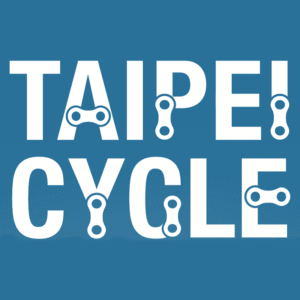If Grønblå [Hall 8.0 / C15] makes rapid progress with its green technology, European bicycle manufacturers could soon have their own composting machine to sustainably dispose of biodegradable packaging. They would just throw used bags made from compostable material into the machine, to turn out a substance that could eventually be used as fertilizer.


That is the scenario envisaged by Jayu Yang, former chief executive of Haro Bikes. The entrepreneur has invested in a laboratory and created Grønblå, a company that is working on circular solutions to reduce plastic pollution and save resources in the bicycle industry. Grønblå has come up with plant-based and compostable materials that are marketed as alternatives for many single-use plastics. They’re used to make products such as water bottles, plastic bags, hub or fork protectors, and they can degrade into organic carbon and water.
But Grønblå’s broader purpose is to combat micro-plastics pollution and to help build up a loop, where used parts and packaging are turned into reusable resources. This would involve many stakeholders in the supply chain, from component manufacturers to brand owners and retailers.
Grønblå is at Eurobike and Yang will discuss her work and solutions at tomorrow’s start-up and innovation day (June 22). She will take part in the pitch session focusing on green tech solutions and circular economy. The issue of single-use plastics may have particular resonance among European manufacturers, since they are integrated into the European Union’s environmental policies. Single-use plastic cutlery, plates, straws and other items have already been outlawed since July 2021. The European strategy is that all plastic packaging should be reusable or recyclable in a cost-efficient way by 2030.
Yang said she started questioning the industry’s use of resources when she was at Kenstone, a manufacturing partner for several high-end bicycle brands. “I didn’t feel really comfortable that we’re making money by making more, and I feel that we probably have to be responsible for what we produce,” she said. Yang set up Grønblå two years ago in partnership with Dr. Shu Yuan Yang, a biology graduate from Yale. Their initial task was to replace plastic packaging with alternative materials. Approached about plastic packaging, North American manufacturers sometimes suggested recycled plastic as a sustainable option. However, Yang argues that the available volume is insufficient, recycling can require energy and generate waste, and it doesn’t solve the issue of micro-plastics.
A key obstacle for the adoption of Yang’s compostable alternatives is cost. The price of a fossil-based plastic bag is about three times cheaper, but she adds that the economic impact isn’t significant for bike manufacturers. It could be seen as an investment, not least because the use of more sustainable resources is aligned with consumer demand. Grønblå has started working with five bicycle parts makers in Taiwan, who use its compostable packaging for shipments to European and North American manufacturers. The plan is to pick up the packaging waste from the manufacturers for subsequent composting.
At the same time, Grønblå is developing a composting machine to be installed in production plants. It could process compostable packaging along with other organic waste – such as leftovers from the staff canteen, or from plants. The target is to have the machine ready in the first quarter of next year. The process uses heat and humidity to quickly turn the organic waste into “pre-composting” material. This more compact substance will then be sent to composting facilities. However, the lab is also working on a microbial solution to speed up composting, and to achieve it at lower temperature. Yang said they have already found some enzyme candidates.
Dealers cooperation and the establishment of logistical systems will be crucial to achieve a closed loop. Yang said that much of the industry’s plastic waste is created in the aftermarket, but there aren’t any efficient systems to recover this waste from thousands of dealers as yet. Grønblå is exploring potential partnerships with other stakeholders who already have collection networks in place.


